I think you will agree with me when I say that knowing what you can and can’t eat on a vegan diet can be quite overwhelming and confusing at first.
I get it.
When it comes to going vegan or hosting vegan friends/family, you have no idea what’s vegan and what’s not, or what a typical vegan diet consists of.
Also, honey isn’t vegan???
It’s all too much. (BTW I made a whole lifestyle guide to help you – Vegan for Beginners )
Well, it turns out that actually, the vegan diet is the easiest thing in the world to follow if you just have a handy little guide, you can use.
Easy-peasy.
In this post I’m going to show you exactly what vegans eat and don’t eat.
The vegan diet (especially plant-based vegan) has been proven many times over by studies to be the healthiest, most optimal for humans.
Fortunately, in the last 2-3 years, it has become super easy and cheap to eat vegan.
You can have different motivations/reasons to go vegan:
Ethical, environmental, diet/health, weight loss…etc. You can choose either type, here’s what you can eat:
Basically anything that comes from the Earth and not from an animal.
Or you could also say:
Did it come from/through/with the help of an animal?
If yes, don’t eat it. Anything else, you can eat. It’s very simple, really.
Now:
Let’s see what it is exactly that you can make your morning pancakes and late night dinners from…
What CAN vegans eat?
Anything that comes from plants and NOT from an animal: fruits, vegetables, grains, legumes, tofu, nuts and seeds, spices and herbs, beverages, vegan junk food like frozen pizza, ice cream, vegan cheese…etc.
1. Fruits
Fruits are great. It’s easy to prepare them, they are sweet and they provide you with essential nutrients and antioxidants. Not to mention, they are usually full of water, that hydrates your body.
- Berries: acai berry, blueberry, strawberry, blackberry, raspberry.
- Citrus fruit: lemon, lime, orange, grapefuit.
- Other: apple, banana, dried apricot, kiwi, avocado, dates, pineapple, watermelon, pomegranate.
– Our favorite recipes: fruit salad, strawberry smoothie, blueberry cheesecake, healthy ice cream.
2. Vegetables
Did you know that vegetables are the most nutrition-dense food on Earth? We know, they usually aren’t the most tasty, but all you need is a few tips and tricks to make them into tasty dinners.
- Cruciferous vegetables: cabbage, broccoli, collard greens, cauliflower, brussel sprouts.
- Greens: kale, spinach, swiss chards.
- Other: artichoke, asparagus, carrots, mushroom, potatoes, pumpkin, tomatoes, zucchini.
– Our favorite recipes: garden veggie soup, ranch salad, stir-fry.
3. Grains
Grains play a very important role in the vegan diet, given their high fiber content, and relatively fair protein content. You can make simple but filling meals with them including bread, pasta and rice dishes.
- Wheat, oats, rice, barley, corn, amaranth, quinoa.
– Our favorite recipes: pizza, oat pancakes, risotto.
4. Legumes
Legumes are basically types of beans. They pack a ton of protein, so you don’t have to worry about your protein intake when you consume legumes every day. Legumes are the perfect ingredients to create meat-subsitutes from.
- Beans, chickpeas, soybeans, lentils, edamame, greans beans.
– Our favorite recipes: black bean burger, hummus, lentil meatloaf, tofu recipes
6. Nuts
Nuts are crucial for vegans. They contain healthy fats making sure that all the Vitamin C you got from fruits and veggies absorb properly. Put them in your breakfast bowl for a crunchy addition and an energy boost.
You can also use nuts as protein sources and make wonderful nut butters or vegan cheese with them.
- Almonds, brazil nuts, cashews, hazelnuts, macademia nuts, pecans, pistachios, walnuts.
– Our favorite recipes: almond milk, cashew cheese sauce, pecan pie.
7. Seeds
Seeds might be tiny but they sure pack a huge punch. Seeds like flax and chia contain Omega 3, that are extremely important for our heart and brain health. You can upgrade your salads and smoothies, by sprinkling a tablespoon of your favorite seeds on them.
- Chia seeds, pumpkin seed, seasem seed, sunflower seed, hemp seed, poppy seed.
– Our favorite recipes: chia pudding, roasted pumpkin seeds.
8. Herbs and Spices
Various herbs and spices are not just important to make basic food taste delicious, they are also super-duper healthy. Some of them have great anti-inflammatory properties that can help heal several types of illness.
- Allspice, turmeric, basil, bay leaves, chili powder, cilantro, cinnamon, curry powder, garlic, ginger, nutmeg, pepper, saffron, sage, vanilla.
– Our favorite recipes: herbed potato salad, golden milk, basil pesto, vanilla cupcakes.
8. Beverages
Always check the ingredients list and look for the vegan logo when buying beverages. If you’re buying alcoholic drinks, you can check on Barnivore.com first, to make sure it’s vegan.
Some companies use certain animal derived products during the production that won’t be included in the ingredients list (like some beer and wine brands).
- water
- tea
- coffee
- fruit juices
- vegan soft drinks
- alcoholic drinks
– Our favorite recipes: lemonade, matcha tea, salted caramel latte.
(Pro tip: How to order vegan at Starbucks)
9. Vegan Processed Food
The basic vegan diet does not restrict eating processed food. As long as it doesn’t contain animal-derived ingredients, you are good to go. A good rule of thumb is to ALWAYS check the “Ingredients” list before you purchase something.
The best is if you buy something that has the official vegan logo on it.
- sugar*
- vegan cheese
- frozen pizza
- ice cream
- Oreo, Pringles …etc.
*During the production of sugar, some companies use bone char, an ingredient made from the bones of certain animals. Here is a list of brands that sell vegan sugar.
– Our favorite place to buy: Whole Foods, Trader Joe’s, Thrive Market
What CAN’T vegans eat?
Anything that derives from an animal: meat, fish, dairy, eggs, honey and other ingredients.
1. Meat
Any type of meat of any animal.
- Red meat (beef, lamb, goat, bison, etc)
- Poultry (chicken and turkey)
- Pork (pig)
- Insects/bugs
- Other animals
Eat this instead: tofu, seitan, lentil meatloaf, coconut bacon.
2. Seafood
Fish and sea creatures are animals too of course, and their meat counts the same as land animals, but given that there are pescatarians, this category is included separately to avoid misunderstandings.
- fish: salmon, tuna…etc.
- shrimp, octopus, clam…etc.
Eat this instead: carrot salmon, artichoke crabcakes, algae soup.
3. Dairy
Dairy products are made from the breast milk of certain mammals, therefore can’t be consumed.
- Milk
- Cheese
- Sour cream…etc.
- Whipped cream
- Butter
Eat this instead: nutmilk, cashew cheese, nutritional yeast, coconut whipped cream, olive oil.
4. Eggs
Eggs of any animal (even if free-range), can’t be consumed in any form.
Eat this instead: flax egg, scrambled tofu, chickpea flour scrambled eggs.
5. Honey
Honey is basically bee vomit (yuck, right?), so it’s understandable, that vegans don’t eat it.
Eat this instead: maple syrup, agave syrup, date syrup.
6. Any other animal-derived ingredients
Unfortunately, the food industry uses a huge amount of animal derived ingredients, that can be found in numerous products (some of them are shockingly unnecessary). A good rule of thumb is to ALWAYS check the “Ingredients” list before you purchase something.
The best is if you buy something that has the official vegan logo on it.
- certain artificial ingredients
- milk powder
- red food dye
- gelatine
- certain alcoholic drink brands…etc.
Eat this instead: products with vegan logos, plant-based food colorings, vegan alcoholic beverage brands.
Summary
- what you CAN eat:
Anything made from plants, or vegan junk food: fruits, vegetables, grains, legumes, nuts and seeds, spices and herbs, beverages, frozen pizza, vegan cheese…etc.
- what you CAN’T eat:
Anything derived from an animal: meat, fish, dairy, eggs, honey, other ingredients.
ALWAYS check the “Ingredients” list before you purchase something.
The best is if you buy something that has the official vegan logo on it.
Now, you know everything a vegan can and can’t eat.
And if you have a passion for cooking and dream of pursuing a career in vegan cuisine, explore opportunities on the Jooble job site. They have a great selection of vegan jobs.
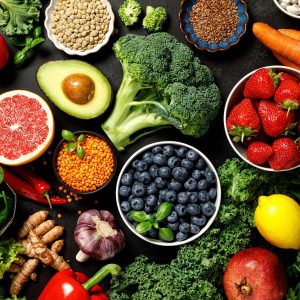

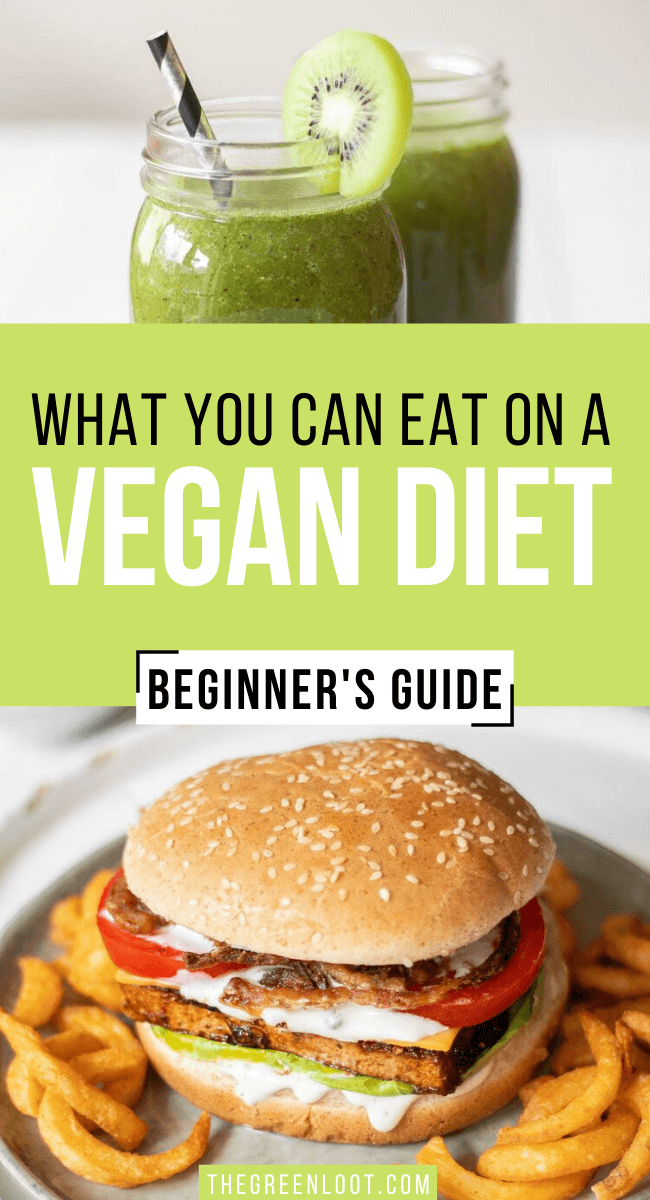
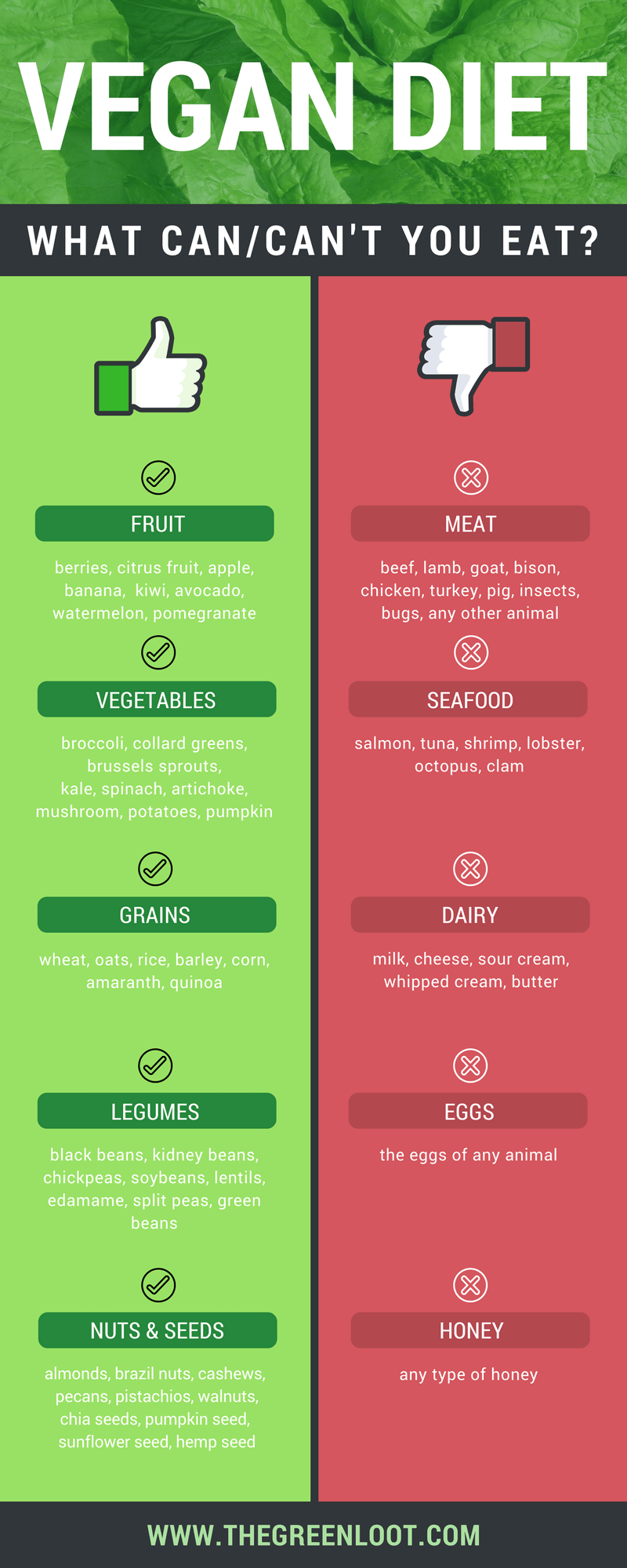
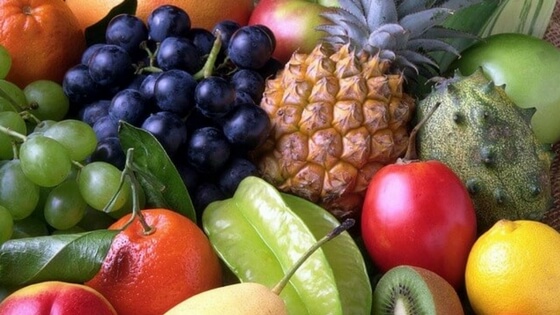
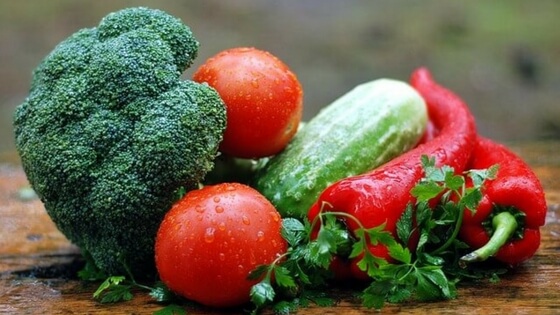
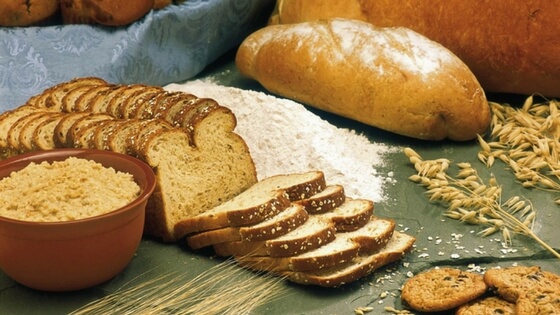
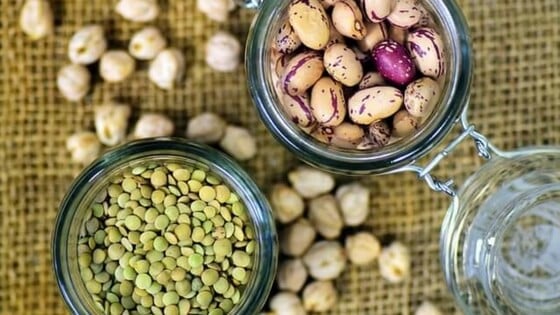
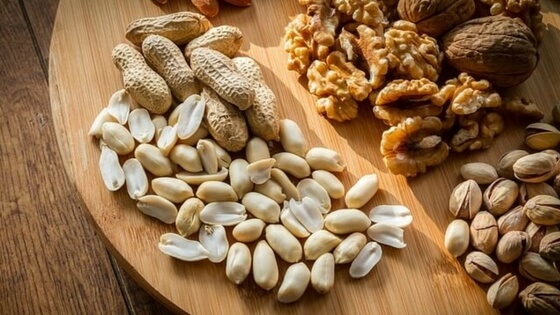
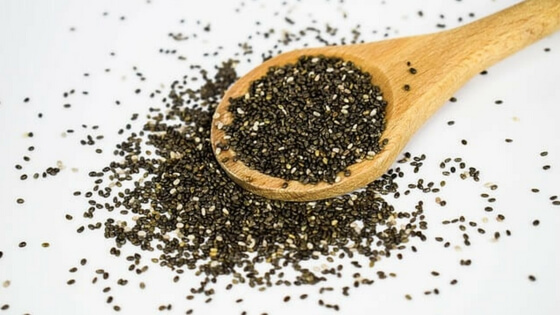
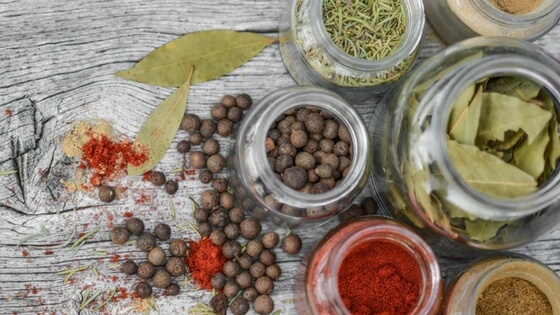
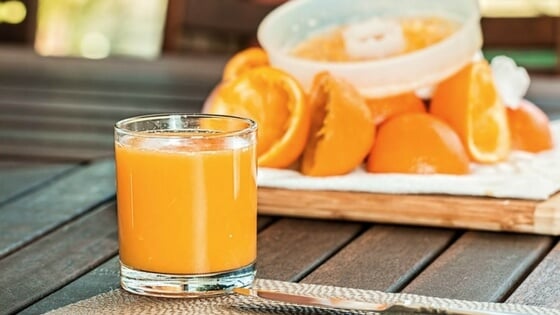
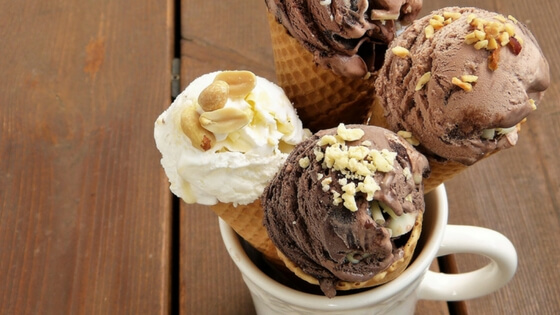
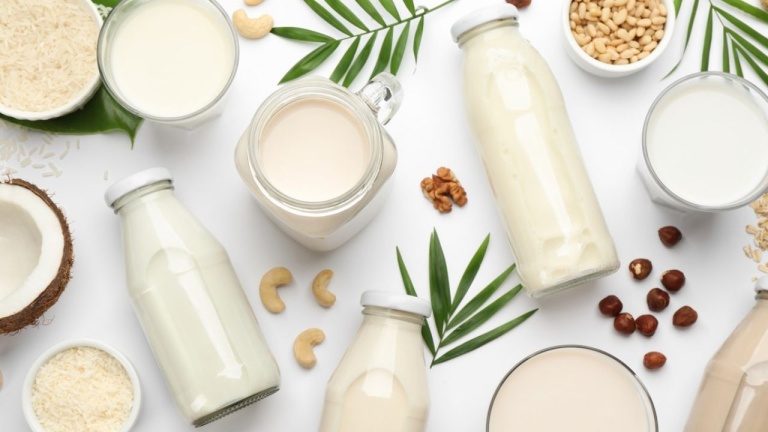

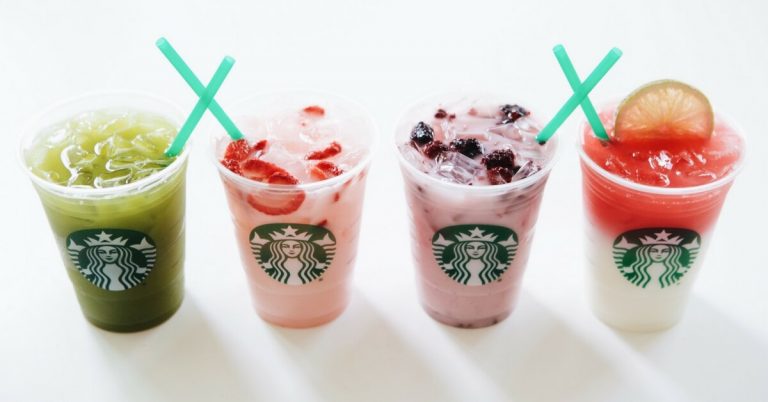
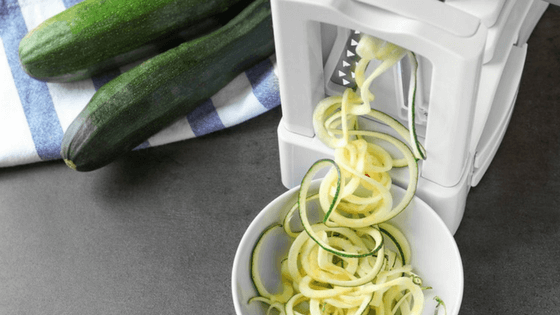
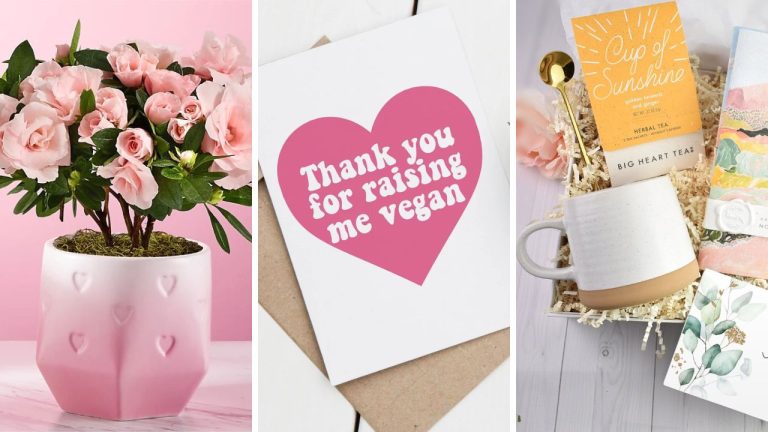
can a vegan eat normal pasta?
Sure! But check the ingredients. Some brands contain eggs or milk, etc.
Thanks a lot. Now I can actually focus on it. Is sugar considered vegan?And i dont get it sry but so we can eat egg?Thanks
Simple and understandable. Great guide, thank you!!
What is it called when you don’t eat meat etc. but eat dairy?
Ps. This is very helpful my dad is Vegan and recommended this site!? ?
When you don’t eat meat but eat dairy, that’s called “vegetarian” ;-).
thanks,for the help.
What are sulphites in wine? Almost all wines contain them!